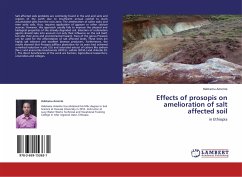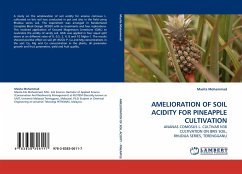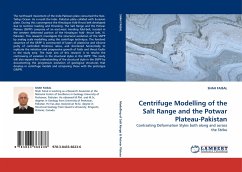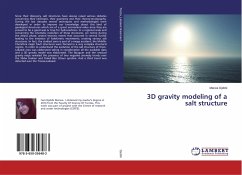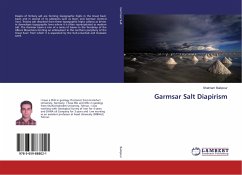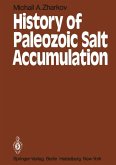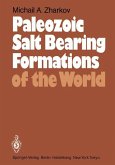Salt affected soils problems are commonly found in the arid and semi arid regions of the earth due to insufficient annual rainfall to leach accumulated salts from the root zone. The amelioration of saline sodic and even sodic soils, thus, requires application of gypsum or other calcium sources. However, this approach usually fails to improve the physical and biological properties of the already degraded soil, Selection of reclamation agents should take into account not only their influence on the soil itself, but also their price and environmental hazard. Trees of the genus Prosopis can be used for the afforestation of salt affected lands. These trees are highly salt tolerant and excellent biomass producers. Furthermore, the results showed that Prosopis juliflora plantation for six years had achieved a marked reduction in pH, ECe and saturated extract of cations like sodium (Na+) and anions like bicarbonate (HCO3-), sulfate (SO42-) and chloride (Cl-). The direct beneficiaries of the work are Farmers, Agricultural researchers, universities and colleges.
Bitte wählen Sie Ihr Anliegen aus.
Rechnungen
Retourenschein anfordern
Bestellstatus
Storno

